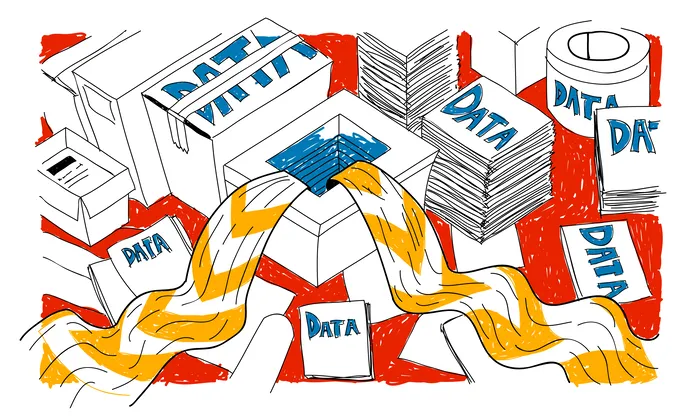How do you ensure medical terminology accuracy?
NLP
Healthcare
Language Models
Ensuring medical terminology accuracy is essential in healthcare data collection and annotation, a process vital for developing reliable AI models used in applications like speech recognition, clinical decision support, and electronic medical record (EMR) automation. Accurate terminology directly influences patient safety, data interoperability, and regulatory compliance, which is why robust methodologies are crucial throughout the data lifecycle.
What is Medical Terminology Accuracy?
Medical terminology accuracy refers to the precision of medical language in clinical documentation, including the use of drug names, diagnoses, procedures, and anatomical terms. It's not just about spelling but also about using terms correctly within context, which can vary across medical specialties and patient cases.
Why Medical Terminology Accuracy Matters
- Patient Safety: Accurate terminology ensures that healthcare providers clearly understand patient conditions and treatment plans, reducing the risk of medical errors.
- Data Interoperability: Consistent medical language facilitates better communication across healthcare systems, improving care quality.
- Regulatory Compliance: Adherence to standards like ICD-10 and RxNorm is crucial for legal compliance and reimbursement processes.
Strategies for Achieving Medical Terminology Accuracy
Achieving high accuracy involves a multi-faceted approach combining expert input, standardized practices, and technology.
- Using Licensed Professionals: Employing licensed healthcare professionals for dictation ensures that the terminology is not only accurate but contextually appropriate. These professionals understand the nuances of medical language, which helps reduce errors.
- Diverse Specialty Representation: Capturing data across various medical specialties enriches the terminology database, reflecting the specific language used in fields ranging from cardiology to dermatology.
- Annotation Standards
- Verbatim Transcription: Recording exact dictations, including corrections and hesitations, maintains the authenticity of clinical notes.
- Standardized Coding: Mapping terms to systems like ICD-10 for diagnoses and RxNorm for medications ensures a consistent and accurate approach.
- Robust Quality Assurance (QA) Processes
- Dual Review System: Transcriptions undergo a two-tiered review by a medical linguist and a clinician, catching errors that might be overlooked in a single review.
- Automated Checks: Technology helps identify issues like audio clipping or background noise that can affect transcription clarity.
Challenges and Considerations
Despite these strategies, challenges remain:
- Complex Medical Language: Terminology can be highly specialized and varies by region and practice. Staying updated on changes is essential.
- Balancing Detail and Clarity: While detailed terminology is critical, overly complex jargon can hinder understanding. A balance between technical accuracy and clear communication is necessary.
Real-World Implications of Inaccuracies
Inaccurate terminology can lead to serious clinical consequences, such as misdiagnosis or incorrect treatment plans. For example, misinterpreting a drug dosage can result in patient harm. Therefore, continuous training and updates on medical terminology for annotators and reviewers are vital.
In conclusion, ensuring medical terminology accuracy is a detailed process that requires attention at every stage of data handling. By focusing on expert input, standardized practices, and rigorous QA processes, organizations can produce high-quality datasets that enhance AI applications in healthcare, ultimately leading to better patient outcomes. For those needing specialized datasets, FutureBeeAI offers comprehensive solutions tailored to various medical needs, ensuring accuracy and compliance with healthcare standards.
FAQs on Medical Terminology Accuracy
Q. What are some key terms that need accurate capture in dictation?
A. Important terms include drug names, diagnoses, procedures, and anatomical terms. Systems like ICD-10 and RxNorm provide standardized coding for consistency.
Q. How can organizations enhance terminology accuracy in datasets?
A. By employing licensed professionals for data collection, implementing dual review QA processes, and using standardized coding systems. Continuous training on medical terminology is also crucial.
What Else Do People Ask?
Related AI Articles
Browse Matching Datasets
Acquiring high-quality AI datasets has never been easier!!!
Get in touch with our AI data expert now!








